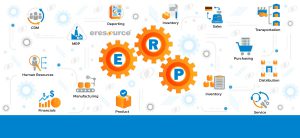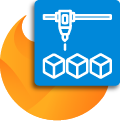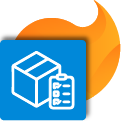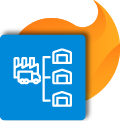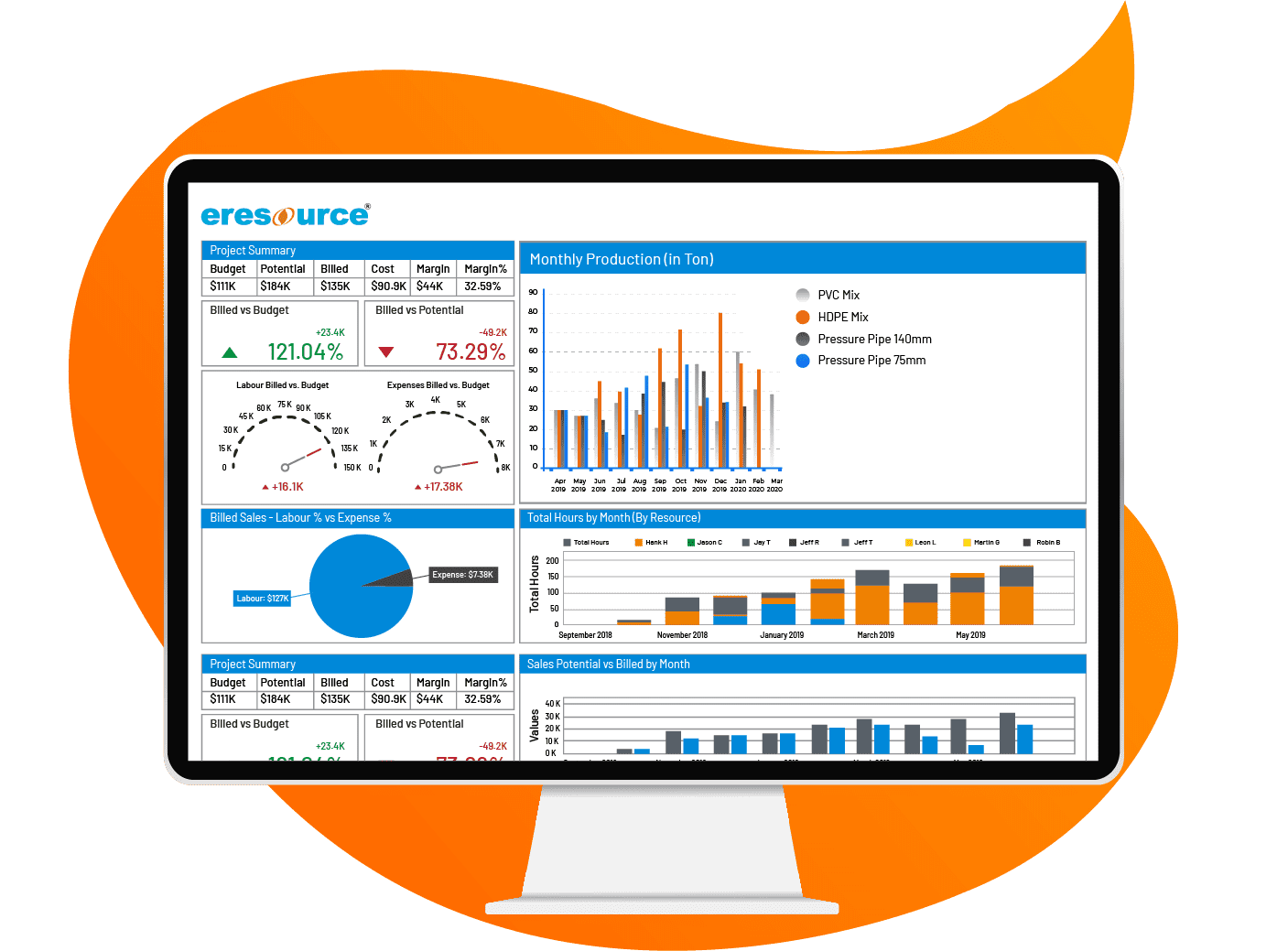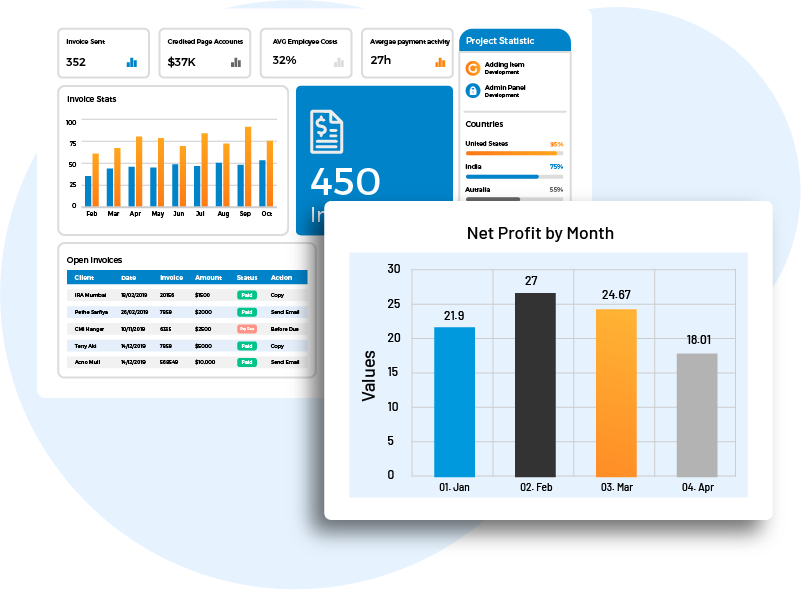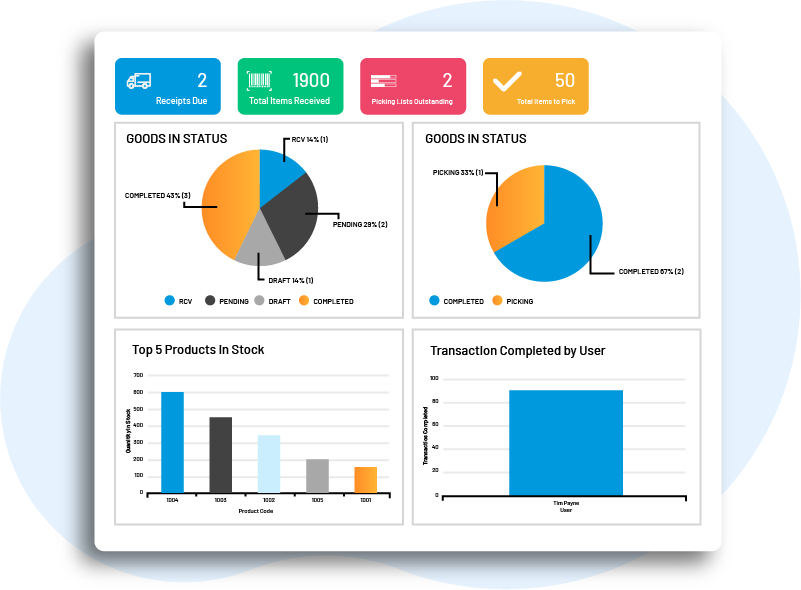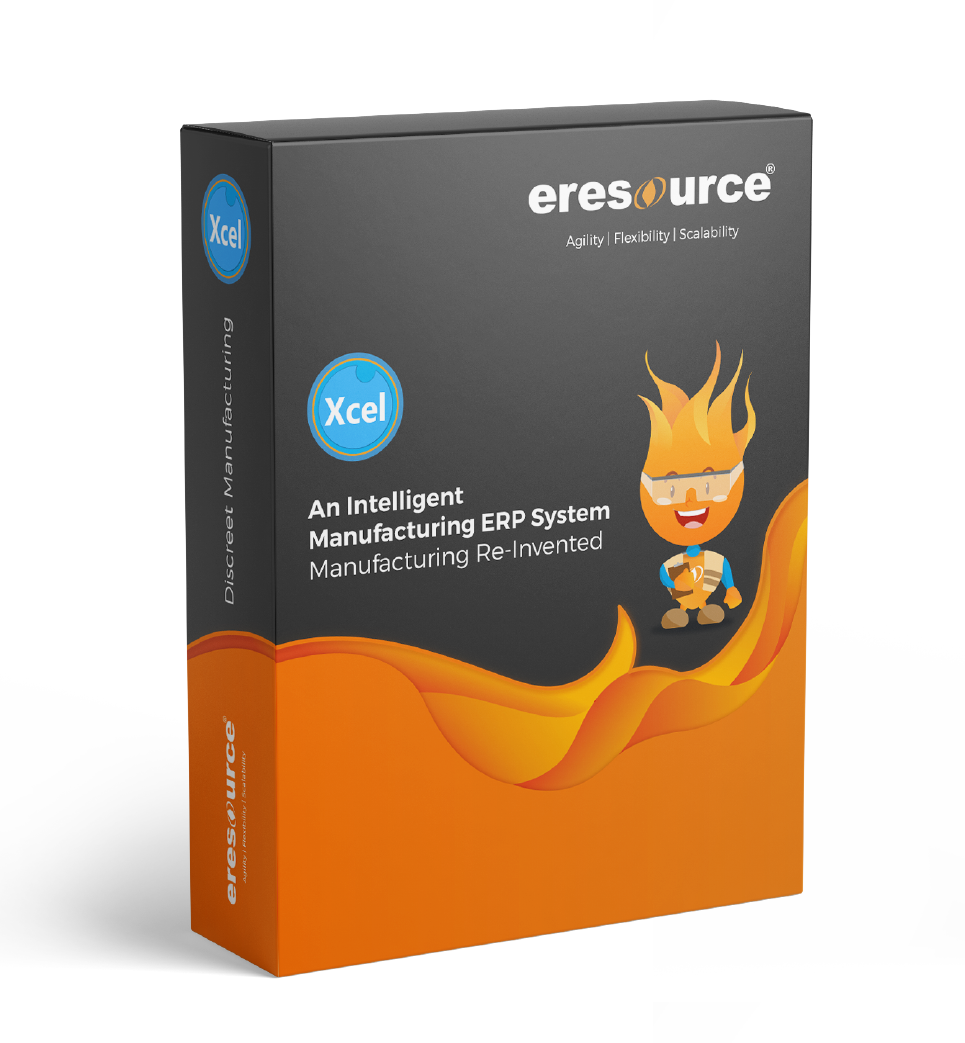Although manufacturers have been using ERP software for decades, the advancement of technology, shifts in consumer behavior, and changes in the economy are causing discrete businesses to reevaluate their goals. As a result, companies use discrete manufacturing ERP systems like eresource Xcel to handle both established and novel business problems.
One source of veracity
Manufacturers are able to manage a variety of information types, including customer data, inventory, production, and sales or purchase transactions, more effectively when they have a single source of truth in an ERP database. Additionally, it makes finding information on almost everything kept in the ERP database easier, which makes reporting and analytics easier as well. Spreadsheet use is typically decreased or eliminated when utilizing this integrated ERP system, which also replaces a number of other tools, point solutions, and add-ons. Manufacturers can prevent errors resulting from duplicate data entry and issues caused by a lack of interaction across disparate solutions by implementing an integrated ERP.
Replacing outdated or inadequate technology
When factories outgrow their existing systems and are unable to manage complicated processes, it is especially critical to replace outdated technologies. Furthermore, production management tools are typically absent from accounting software. For expanding manufacturers, the functionality related to purchasing, sales, and inventory is sometimes too simplistic. Although building one’s own system might have been a smart idea in the past, firms who have done so are now finding it difficult to stay up to date with new developments in technology.
Enhanced output
Employees that are more productive have more time to concentrate on important tasks rather than labor-intensive tasks like data input. This is especially crucial for workers engaged in manufacturing processes, as worker productivity directly affects production output. Enhancing productivity can also boost motivation, which will raise worker efficiency.
The fact that users make mistakes more frequently when they lack the necessary tools or simple access to the information to complete their tasks is another significant element that has a negative impact on productivity. Manufacturers can now implement eresource Xcel ERP application that provide all capabilities they require, including a single data repository, to break free from this vicious cycle.
Control of production in several locations
Nowadays, especially for small firms, managing production across different locations can be a significant burden. Because of acquisitions, mergers, and uneven IT strategies, many manufacturers have many locations where they use different solutions. Manufacturers can enhance information exchange and teamwork across all of their teams, no matter where they are located, with an integrated ERP system that can be accessed anywhere. Manufacturers can also enhance the administration of equipment or resources by using a discrete ERP system eresource Xcel that can be utilized by several locations.
Lowering expenses and increasing profitability
Even though an ERP system is a significant investment, it can help firms achieve better return on investment over time in two ways: by lowering costs and raising profitability. The company’s overall profitability rises when worker productivity rises and production expenses fall. eresource Xcel ERP helps manufacturers cut back on back office expenses by decreasing employee error rates and the amount of time spent on routinely laborious operations.
Assistance for the company’s future growth
Manufacturers should ensure that ERP will be in use for a minimum of five to ten years, as choosing and implementing the system is an expensive and disruptive procedure. This implies that as businesses expand, they must choose an ERP solution that can change to meet their evolving needs. Discrete manufacturers should be able to start with the features that are most important to them and add new capabilities as needed by the business, thanks to eresource Xcel ERP solution that is suitably flexible.
Adjusting to shifts in the market
Because manufacturing processes are so intricate, it takes a great deal of time and energy for manufacturers to adjust to a changing market. For instance, manufacturers must provide new products when one or more of their current offerings become outdated. In this process, new designs are made, suppliers of new components are located, potential clients are estimated, and manufacturing line setup is reviewed. eresource Xcel discrete manufacturing ERP software readily facilitates all of these tasks. Xcel ERP software system may track operations and expenses, deliver pertinent information rapidly, and offer insights into the efficacy of corporate actions.
Using new technology
The advantages of new technology, such as cloud or mobile-only deployments, come with software that adapts to the ever changing technological landscape. For example, manufacturers typically cannot afford to construct and operate data centers to store their data on the cloud, with the exception of very large businesses. Manufacturers might delegate some of their obligations for data security and privacy to the cloud. Manufacturers who use cloud ERP like eresource Xcel don’t have to worry about upgrades or data backups because the ERP provider handles these services.
Better ties with suppliers
It is imperative for discrete manufacturers to enhance their connections with suppliers. They must purchase all of the parts, raw materials, and components required for production because they are typically unable to make them all. The biggest issue that manufacturers have when collaborating with suppliers is that they have no control over the final product’s quality. The globalization of the economy, which enables suppliers to manufacture anywhere in the world but can also lead to logistical issues, is another significant challenge. Because of this, manufacturers require an ERP system in order to keep track of their suppliers’ past performance, assess their performance, and select the best provider for their needs. Thus, ERP can assist firms in streamlining their supply chains, which enhances the consumer experience.
Adherence to quality guidelines and standards
Not only is quality required by law, but it also gives you a competitive edge. Manufacturers who go above and above what the law requires in terms of quality management are the most successful. Manufacturers must also abide by contractual requirements pertaining to quality. Although each of them can significantly affect the client experience, they are all too complicated to handle with separate systems or simple software. Manufacturers can only establish, implement, and oversee quality management programs at every stage of the product lifecycle—from design to end of life—with the use of eresource Xcel ERP solution.
